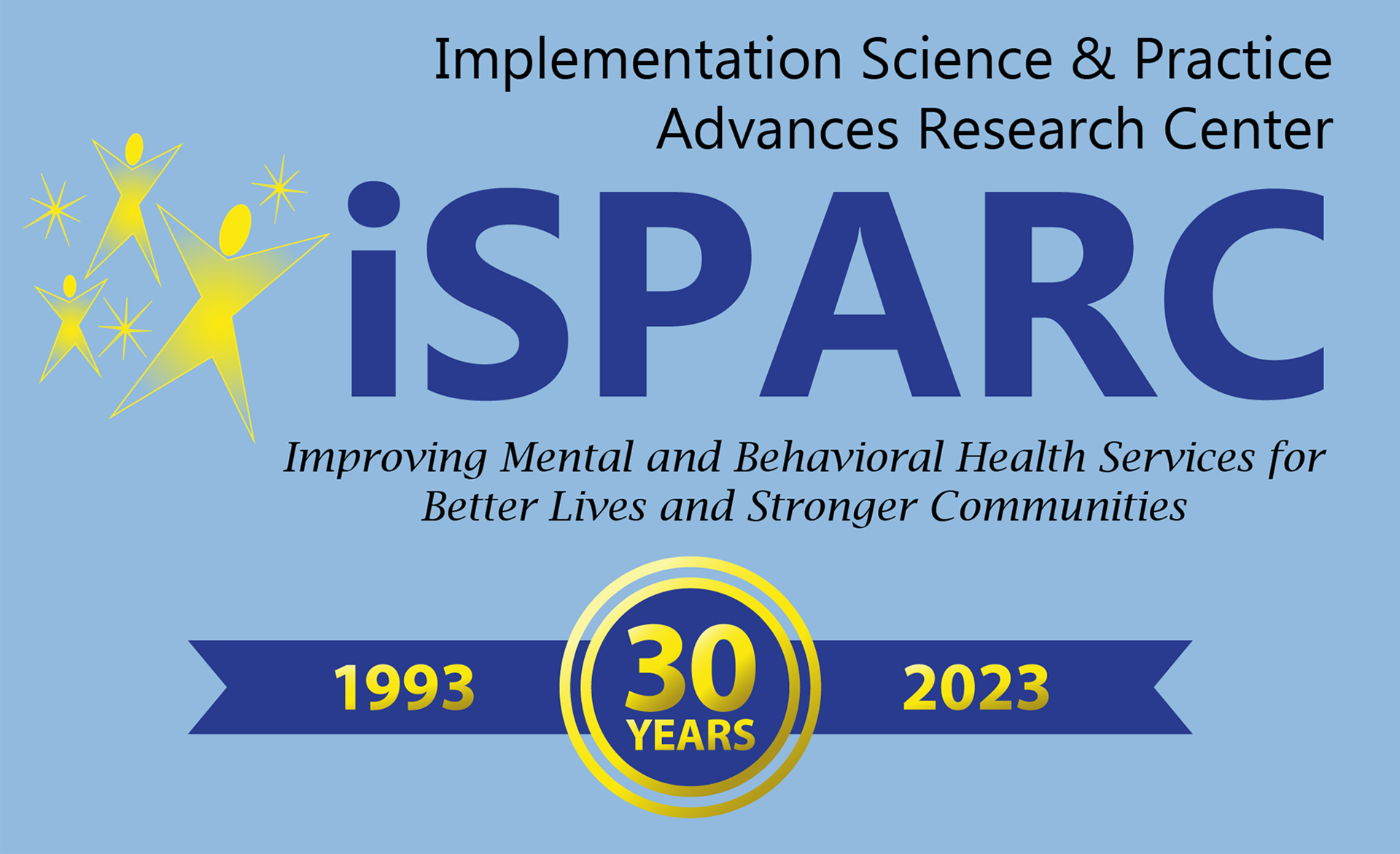Human Rights & Ethics
|
Few areas of modern medicine deal with people whose roles are more stigmatized than people with mental illness. We seek to identify ways to facilitate services for people with mental illness that respect their dignity and human rights. Our work ranges from efforts to improve the process of informed consent to assuring that IRBs protect individuals who may be disenfranchised and participating in research. We are also interested in reducing therapeutic misconceptions, or mistaken beliefs about participation clinical trials, among vulnerable research participants. We are interested in:
|
|
Observational Study of IRB's
Title: Observational Study of IRB's
Dates: 7/1/2012 - 6/30/2017
Funder: National Institutes of Health
Funding: $3,772,913
PI: Charles Lidz, Ph.D.
Description: Institutional review boards (IRBs) act as oversight bodies for assuring ethical conduct of research but there has been little investigation of their decision-making process. With funding from NIH, we did a general descriptive study of the decisions about new and previously deferred protocols. By applying both quantitative and qualitative research techniques to tape-recorded IRB deliberations, and semi-structured interviews with IRB staff and reviewers, we are describing the processes of decision making.
Central IRBs: Enhanced Protections for Human Research Participants
Title: Central IRBs: Enhanced Protections for Human Research Participants?
Dates: 10/1/2014 - 9/30/2017
Funder: National Institutes of Health
Funding: $1,668,607
PI: Charles Lidz, Ph.D.
Co-PI’s: Kimberly Larson, J.D., Ph.D., Ekaterina Pivovarova Ph.D.
Description: Although Institutional review boards (IRB) were originally intended to reflect local values and knowledge, they have been widely criticized as inappropriate for large multi-site studies. One proposed solution is increased use of central IRBs (C-IRBs), which would manage human subject protection for all of the sites. This study will use innovative methods and build on prior research on IRBs by the investigators to describe how C-IRBs review multi-site projects, and how these reviews differ from single site reviews and the reviews of multi-site projects by local IRBs. The results of this study are intended to help (1) define the principles and practices involved in the conduct of CIRBs, (2) understand whether different tools or procedures will help to maximize the effectiveness of CIRBs and (3) describe any ethical and logistical issues that should be taken into account when IRBs act as C-IRBs.
This proposal combines methods that we used in two different studies of local IRBs to describe central IRBs decision-making processes. These methods will include audio-recording of and estimated 249 reviews at 22 different IRB panels associated with 10 different central IRBs and semi-structured interviews with administrators, IRB chairs, reviewers, and staff members. We have developed systematic procedures for coding and processing this type of data so that we can do both systematic qualitative, and sophisticated quantitative, analyses of the data. It will allow us to describe the organization and decision making of central IRBs. In addition, we will explore approaches for determining how central IRBs compare to local IRBs in the topics considered during the reviews of protocols requiring full board review.
Our research on local IRBs has made us uniquely qualified and ready to study this innovation IRB review.
Therapeutic Misconception and Scientific Reframing
Title: Therapeutic Misconception and Scientific Reframing
Dates: 7/1/2014 - 6/30/2016
Funder: National Institute of Mental Health
Funding: $460,625
PI: Charles Lidz, Ph.D.
Description: Charles Lidz is the PI on a Therapeutic Misconception (TM) study that will take a major step in the direction of determining how to reduce TM in clinical trials. TM involves patient/subjects failing to grasp the difference between participating in a clinical trial and receiving ordinary clinical care. This study will provide the basis for a transformation of the manner in which clinical researchers gain consent from participants, and substantially reduce one of the major barriers to genuine informed consent to research. This study is designed as a hypothetical randomized trial comparing an enhanced disclosure using scientific reframing designed to reduce TM versus disclosure as usual. The hypothetical study is as close to a real one as possible, including gaining consent in real clinical settings with real patients who would be eligible for the mock protocol that will be very similar to a recently closed protocol. The study involves three different clinical services at a university medical center. This design will test the ability of a scientific reframing disclosure to reduce TM and also test whether such disclosure reduces the inclination of potential subjects to volunteer for a clinical trial.

 Charles W. Lidz, Ph.D.
Charles W. Lidz, Ph.D. Ekaterina Pivovarova, Ph.D.
Ekaterina Pivovarova, Ph.D.